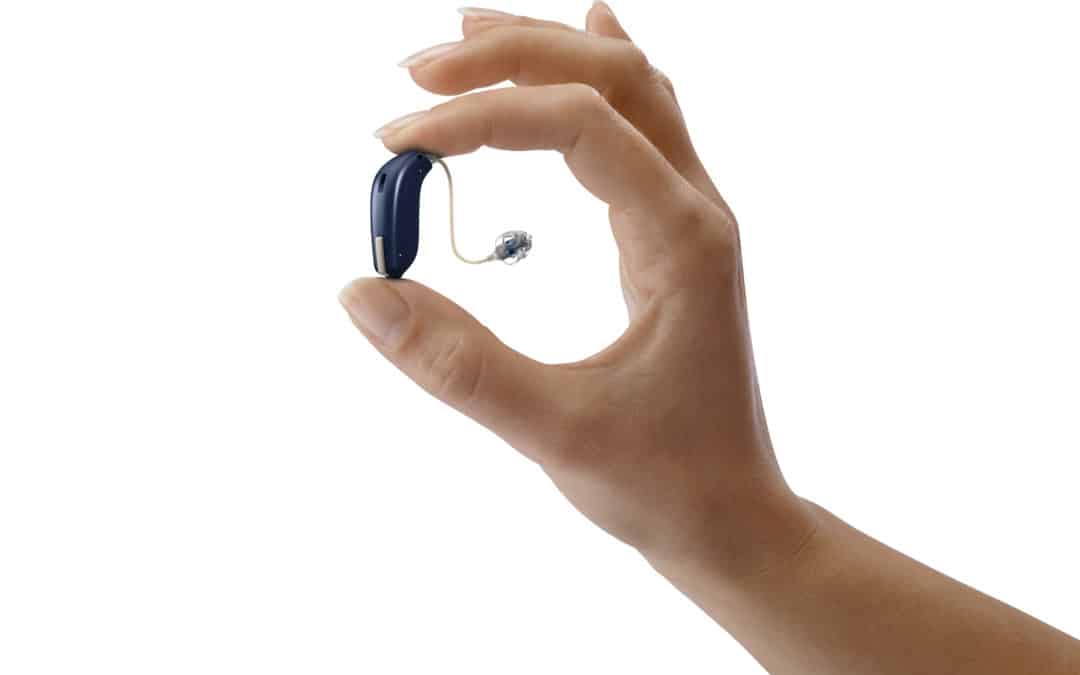
There’s no doubt that you benefit greatly from using your hearing aid. Your day-to-day life is easier, you have less anxiety about not being able to hear, and you can enjoy your favorite activities again. Your hearing aid is a delicate device and taking proper care of it now can ensure that these benefits last for years. Here are a few ways to maintain your hearing aids and extend their lifespan.
Check for Visible Damage
Check your hearing daily for any signs of damage as well as any missing parts. Although cracks and missing pieces can be disappointing, catching them when they first happen can ensure they do not cause further damage. If you notice visible damage to your hearing aid, contact your audiologist for repairs or replacement.
Clean the Hearing Aid Regularly
As you are checking for cracks and missing pieces, you should also be looking for dirt and grime. Having an excess amount of earwax, dirt or grime can lead to distorted sounds. It is important to have the proper tools when cleaning to prevent damage.
To clean your hearing aid, use a soft dry cloth. You may want to use a hearing aid cleaning brush, wax pick, wire loop, or multitool. The brush will clean the body and the exterior of the aid, whereas the wax pick and wire loop will clean the inside of the aid. The multitool combines both the brush and wax loop for convenience.
The ear molds should be removed for cleaning. Wash them in a soap solution and carefully dry them. Be sure that the ear molds are completely dry before reattaching them.
Perform Listening Checks
Listening checks should be completed every day to assure the best sound is heard. When preforming listening checks, you should be checking for a clear sound that is not weak or scratchy.
First, turn the hearing aids on and before inserting your hearing aids, listen for any feedback or whistling noises. You then will use the hearing aid stethoscope to check the actual sound.
To use the stethoscope, you will first place one end of the listening tube in the tip of the ear mold and the other end into your ear. Then you will repeat the Ling sounds (aah, ooh, eee, sss, shh, mmm) or the days of the week, listening for a clear and loud sound.
Check Hearing Aid Batteries
Hearing aid batteries should last from one to two weeks, but they should be checked daily to assure the best hearing. Hearing aid battery testers can make the testing process simpler.
Avoid Feedback
Feedback is most often heard as a whistling sound heard from the hearing aid. The feedback is caused from sound leaving your ear, then finding its way into the microphone. The sound will re-amplify and create a whistling sound. Feedback can be caused by many different reasons, such as putting your hand to your ear or hugging someone. If you experience frequent feedback, there could be something wrong with your device and you should contact your hearing specialist.
Minimize Moisture in the Hearing Aid
Due to the comfortable fit of hearing aids it can be easy to forget they’re in, especially when you’re around water. Although waterproof hearing aids are common, most hearing aids are only water resistant. Water resistance helps prevent damage, but water can still damage the hearing aids if there is too much exposure.
Hearing aids are expensive, delicate devices but taking care of your hearing aids will prolong their life and give you the best experience possible. At Whisper Hearing Centers you will be provided with a team of professionals that are dedicated to your hearing health. Whether you think you need hearing aids for the first time, need to replace your current hearing aids, or just have a few questions for an audiologist, we are eager to hear from you. Connect with us on Facebook, submit this online contact form, or give us a call today!
